
The Federal Government has intensified efforts to protect schools across Nigeria by strengthening the Safe Schools Initiative, in partnership with the Nigeria Security and Civil Defence Corps.
During an official visit to the NSCDC Commandant-General, Ahmed Audi, on Wednesday, the Minister of Education, Dr Tunji Alausa, stated that the government was exploring sustainable financing to ensure school security was fully funded.
“We will move from knee-jerk responses to a continuous security presence, especially in vulnerable schools.
“Our children must remain safe in school, and this administration is committed to providing the resources and structure required,” Alausa said.
He further announced that a dedicated Safe Schools department was being established within the Ministry of Education to oversee nationwide implementation and improve collaboration with the NSCDC.
He added that technology-driven systems, including panic buttons linked to command centres, would also be introduced for faster emergency response.
Alausa confirmed that the NSCDC had been appointed as the lead agency for school protection, replacing fragmented security arrangements.
Audi revealed that more than 60,000 of Nigeria’s 81,000 schools lacked adequate security.
“These schools are porous in the sense that there was no presence of security personnel or fencing. This guided our operational strategy to ensure mutual security and safety,” he said.
Audi added that specialised female squads and community security structures had prevented over 110 security threats.
The Safe Schools Project was launched in 2014 following the abduction of schoolgirls in Chibok, Borno State.
Introduced by the United Nations Special Envoy for Global Education, Gordon Brown, the programme aims to create a secure and enabling environment for learning.
Coordinated with the Office of the National Security Adviser, it includes the National Safe School Response Coordination Centre, deployment of command officers, appointment of Safe Schools Coordinators in all 36 states, and Desk Officers in the country’s 774 local government areas.
Despite these measures, concerns remain over the vulnerability of schools.
In December 2025, the Senate investigated the Safe Schools Project, expressing outrage that attacks, mass kidnappings, and raids persisted despite years of funding, policy commitments, and donor support.
Recent data shows an increase in school registrations under the project, rising from 11,550 in November 2025 to 14,685 in December, following high-profile attacks such as the November 17, 2025, assault on Government Girls Comprehensive Secondary School in Maga, Kebbi State, and the attack on St Mary’s Catholic School in Papiri, Niger State.
The minister and NSCDC leadership stressed that the Federal Government remained committed to ensuring the protection of all learning institutions while fully implementing the Safe Schools Project nationwide.



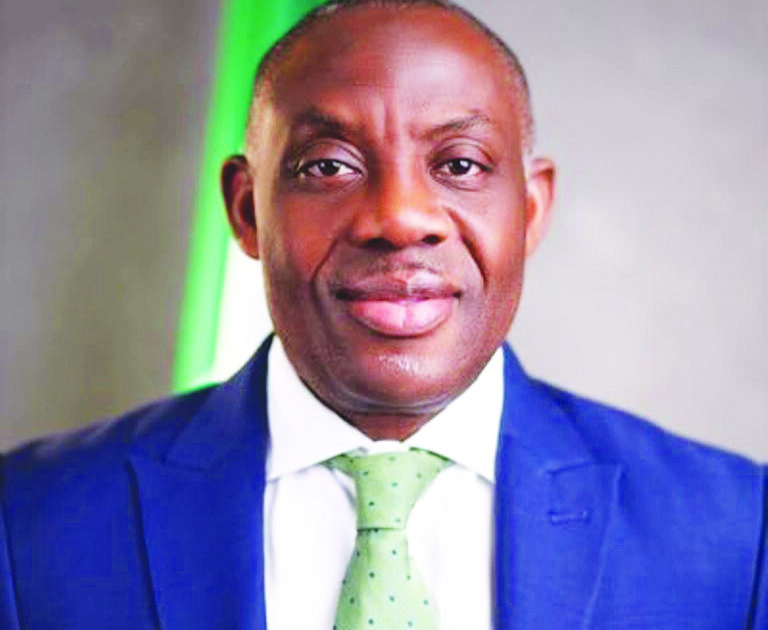






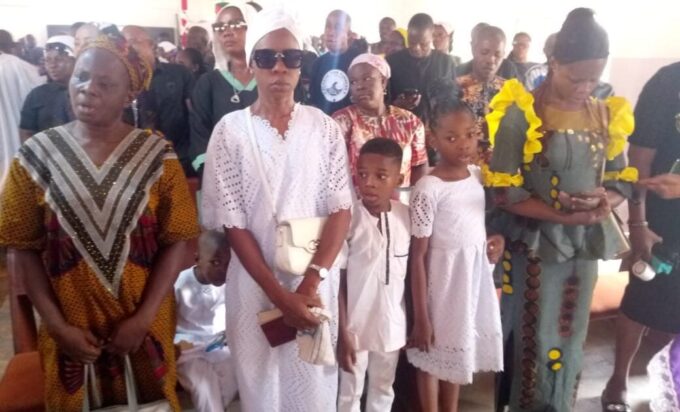
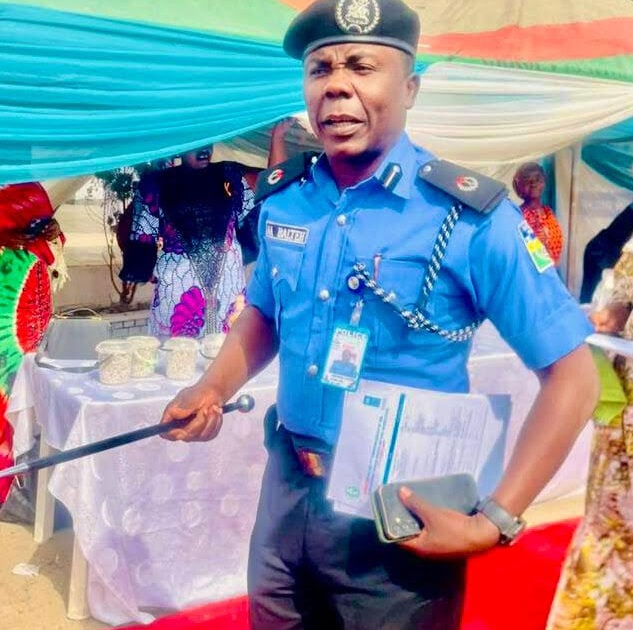



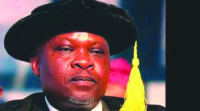
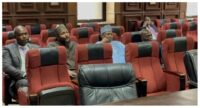
Leave a comment